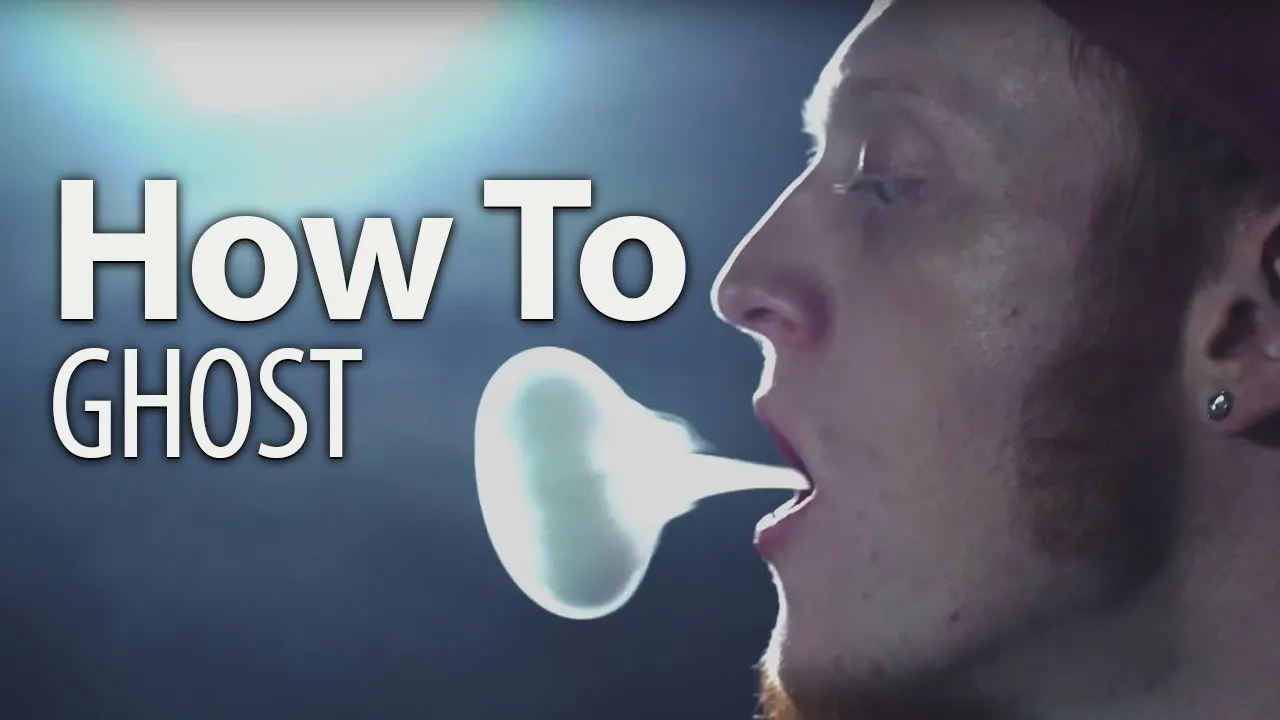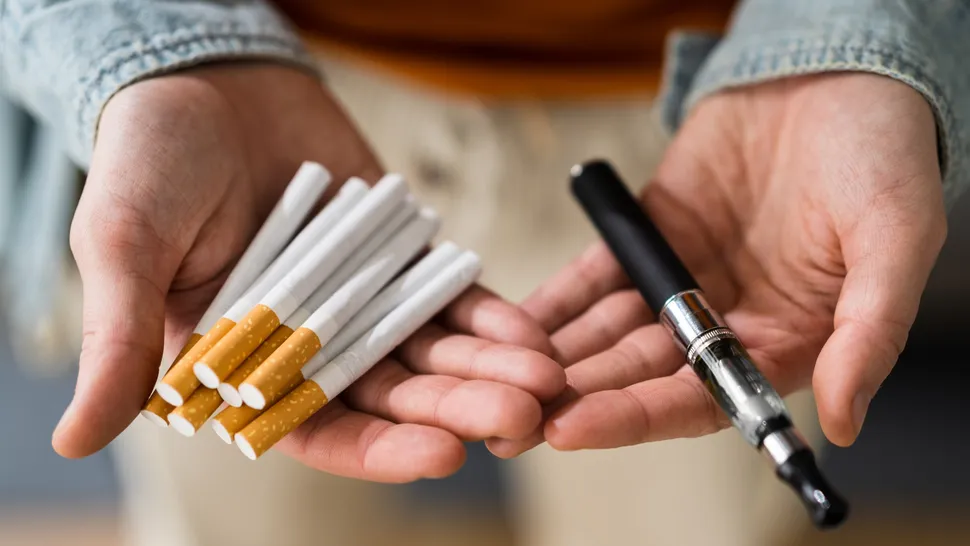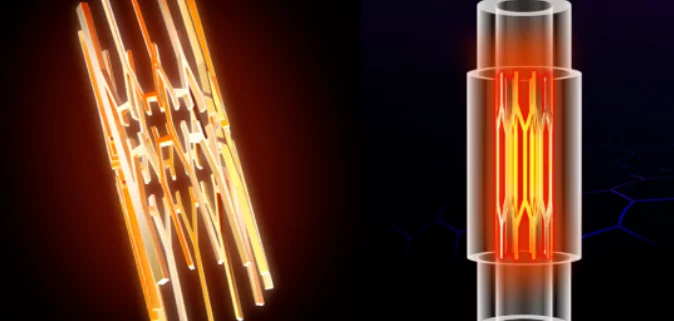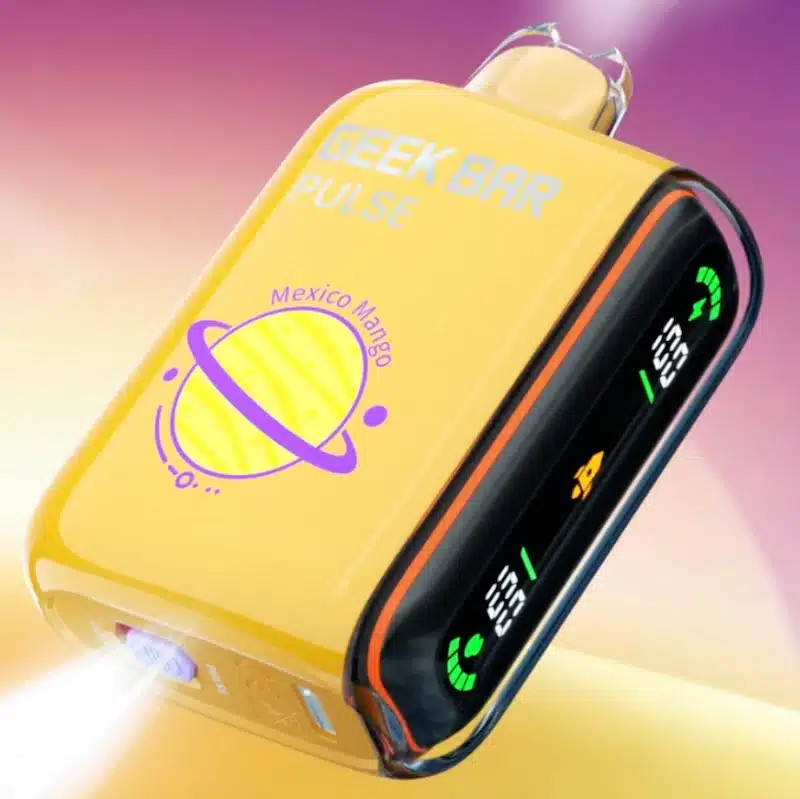New Zealand’s newly-formed government has unveiled plans to overturn a contentious set of restrictive tobacco laws passed last year, slated for implementation in 2024. Among the contested measures are the “smokefree generation” law, requiring a ban on combustible tobacco sales for individuals born after January 1, 2009, the reduction of nicotine levels in cigarettes to non-addictive levels, and constraints on the number of authorized tobacco retailers.
While the coalition government maintains its commitment to prohibiting disposable vapes, it is advocating for a reevaluation of regulations governing smokeless tobacco and oral nicotine. This shift could potentially pave the way for the legalization of products like snus and nicotine pouches.
New Zealand had been poised to become the world’s first country to enact a smokefree generation law and a very low nicotine (VLN) cigarette mandate—a stance supported by tobacco control advocates and progressive policymakers. The Smokefree Environments and Regulated Products (Smoked Tobacco) Amendment Bill, championed by former Prime Minister Jacinda Ardern, faced opposition, and the recent change in government leadership has prompted a reconsideration of these controversial provisions.

The smokefree generation law seeks to restrict the sale of combustible tobacco products to individuals born on or after January 1, 2009, while the VLN mandate aims to prohibit the sale of cigarettes with addictive nicotine levels. Additionally, the proposed limit on retailers would reduce licensed tobacco outlets from 6,000 to 600.
The move to repeal these measures has sparked debates, with critics suggesting potential increases in tobacco smuggling and the emergence of a black market. Some view New Zealand as an ideal testing ground for innovative tobacco legislation due to its small population (5.1 million residents) and geographical isolation.
Similar legislative proposals are emerging in other countries. The UK, under Prime Minister Rishi Sunak, is considering a smokefree generation plan for England, mirroring New Zealand’s approach. Scotland is exploring a similar generational ban, extending it to vaping products for those born after 2009. Malaysia, while initially contemplating a generational ban (referred to as the “generational endgame” or GEG), dropped this component after deeming it unconstitutional. In the United States, the FDA announced plans in June 2022 to introduce a standard for cigarettes limiting nicotine content to sub-addictive levels, although existing “very low nicotine” (VLN) cigarettes on the market have not gained widespread popularity.













